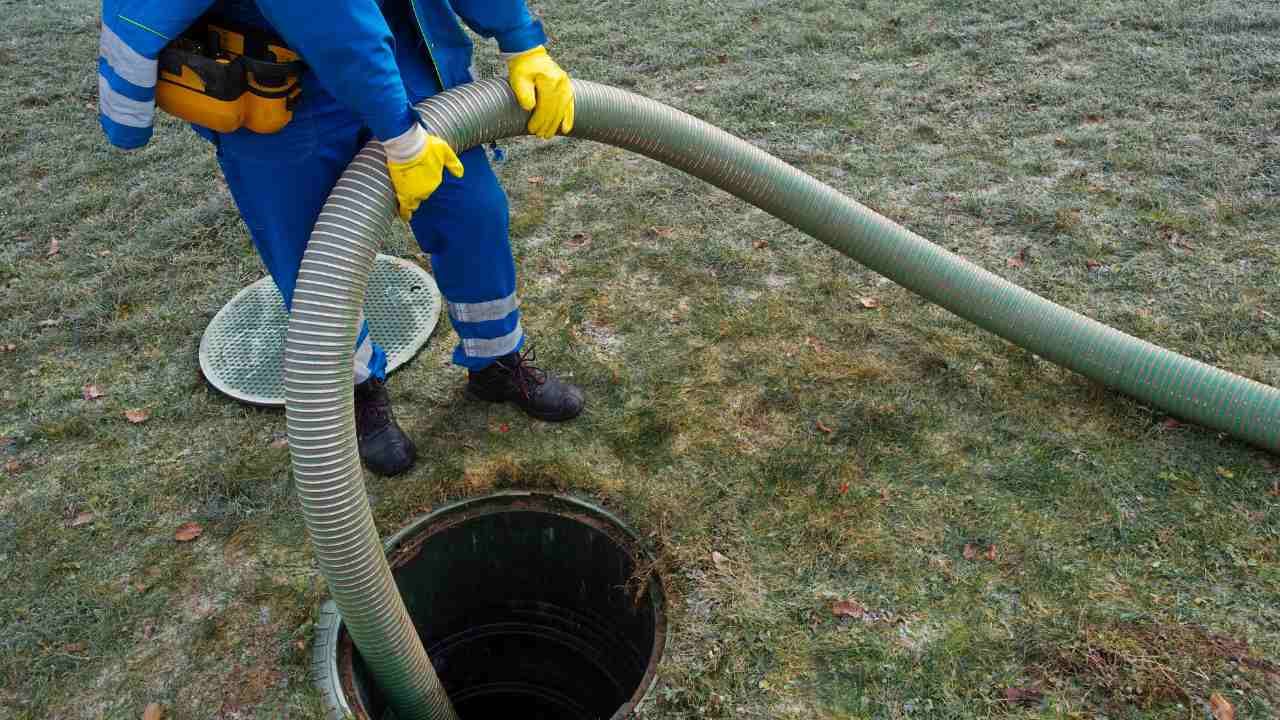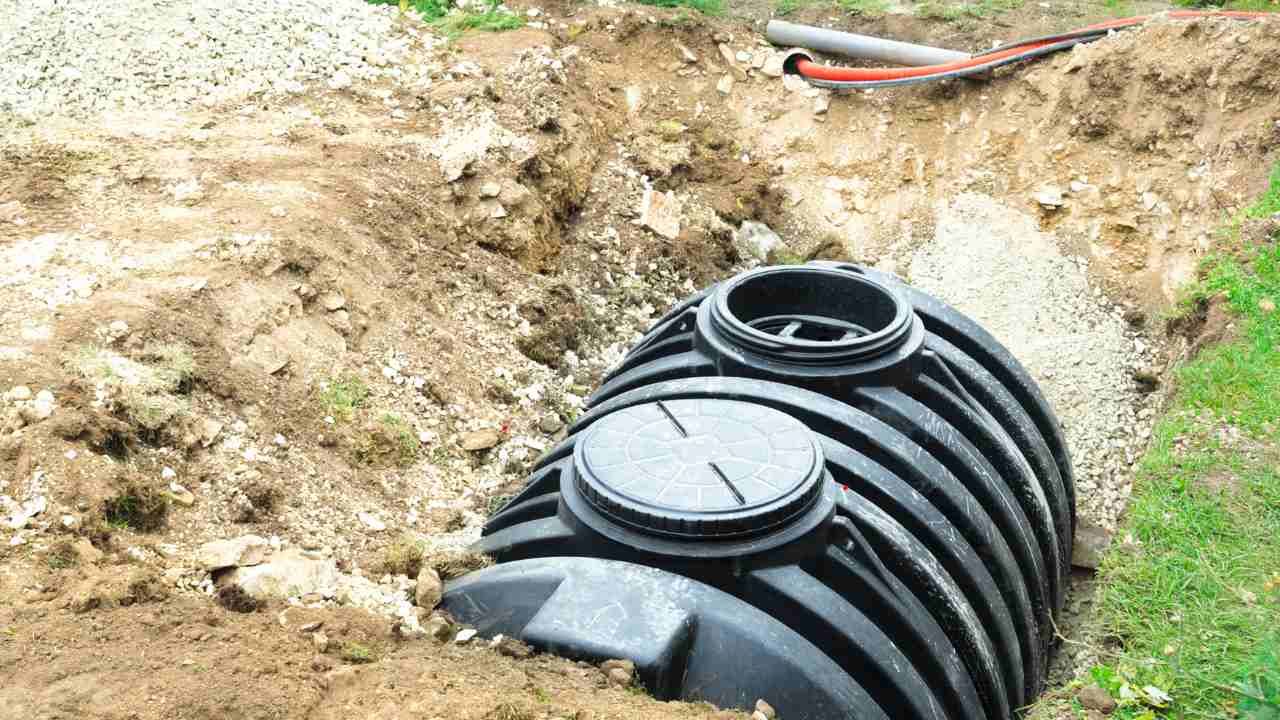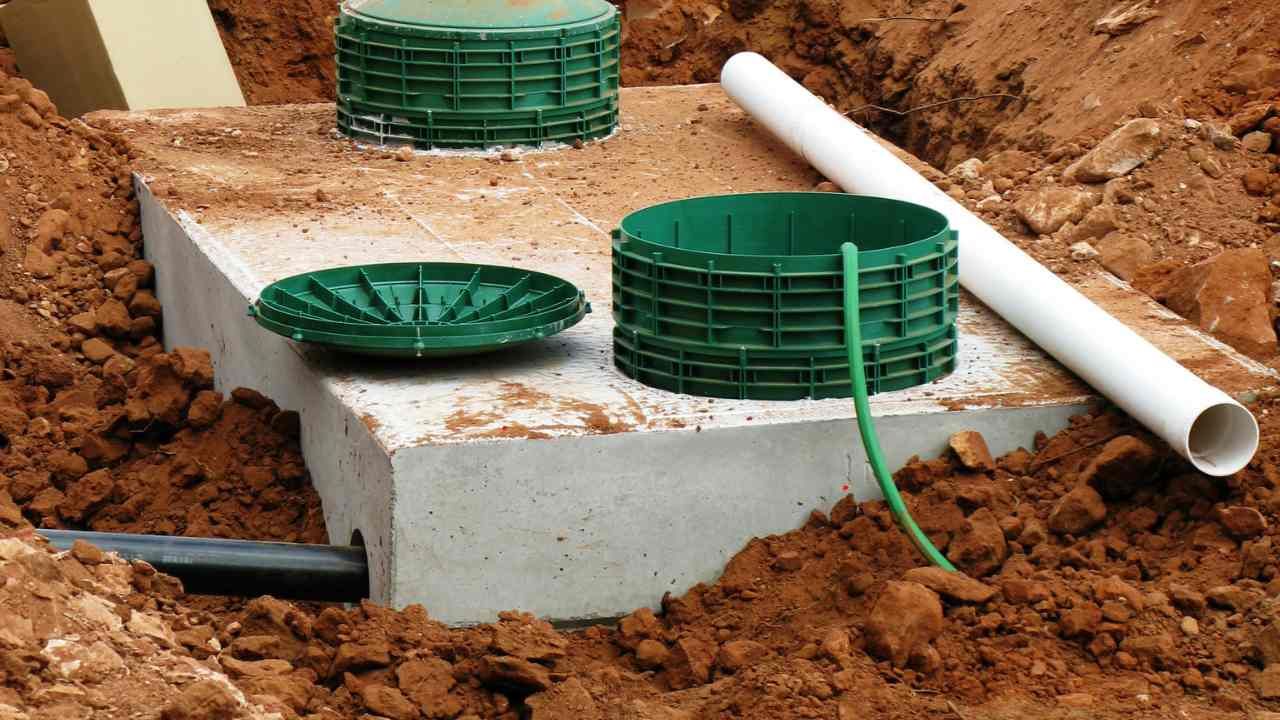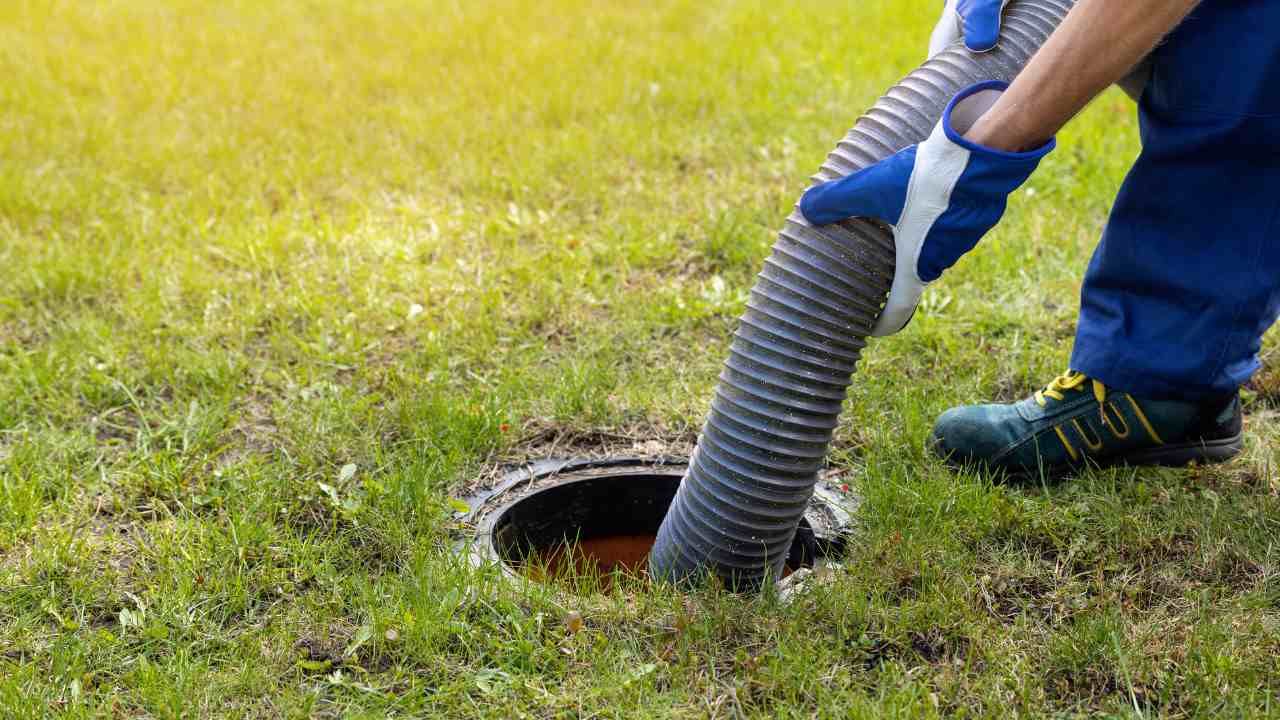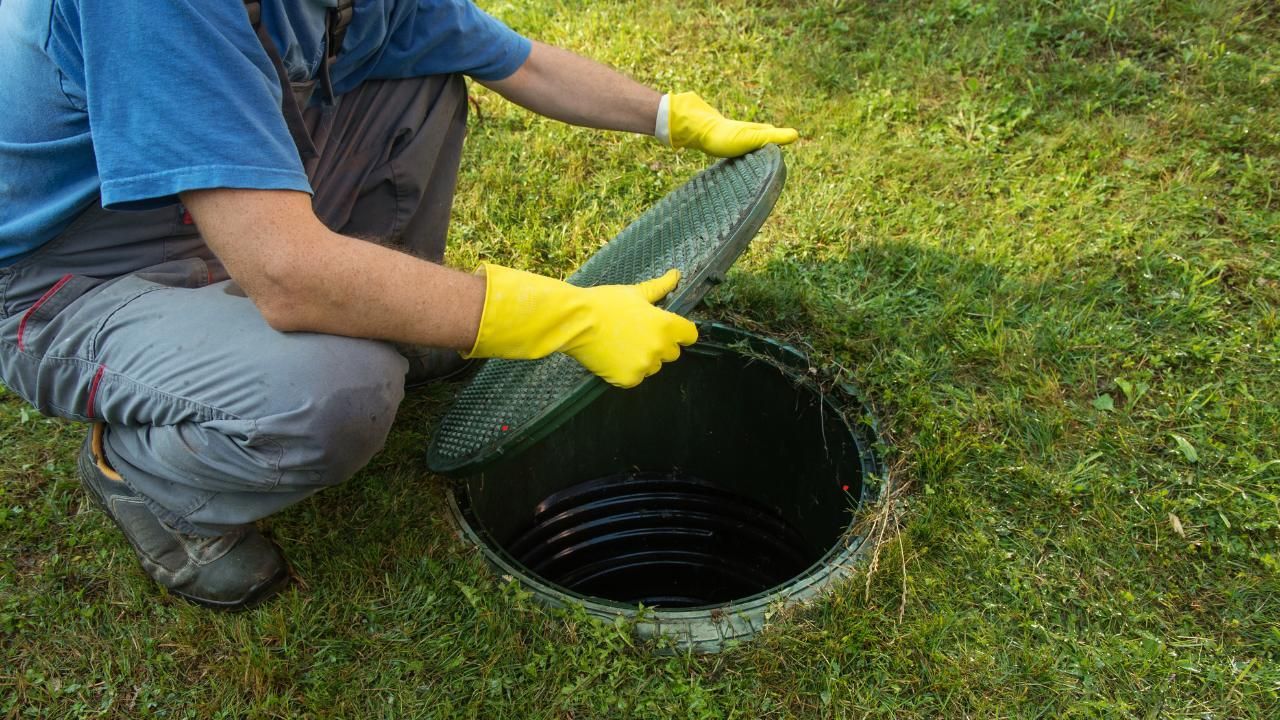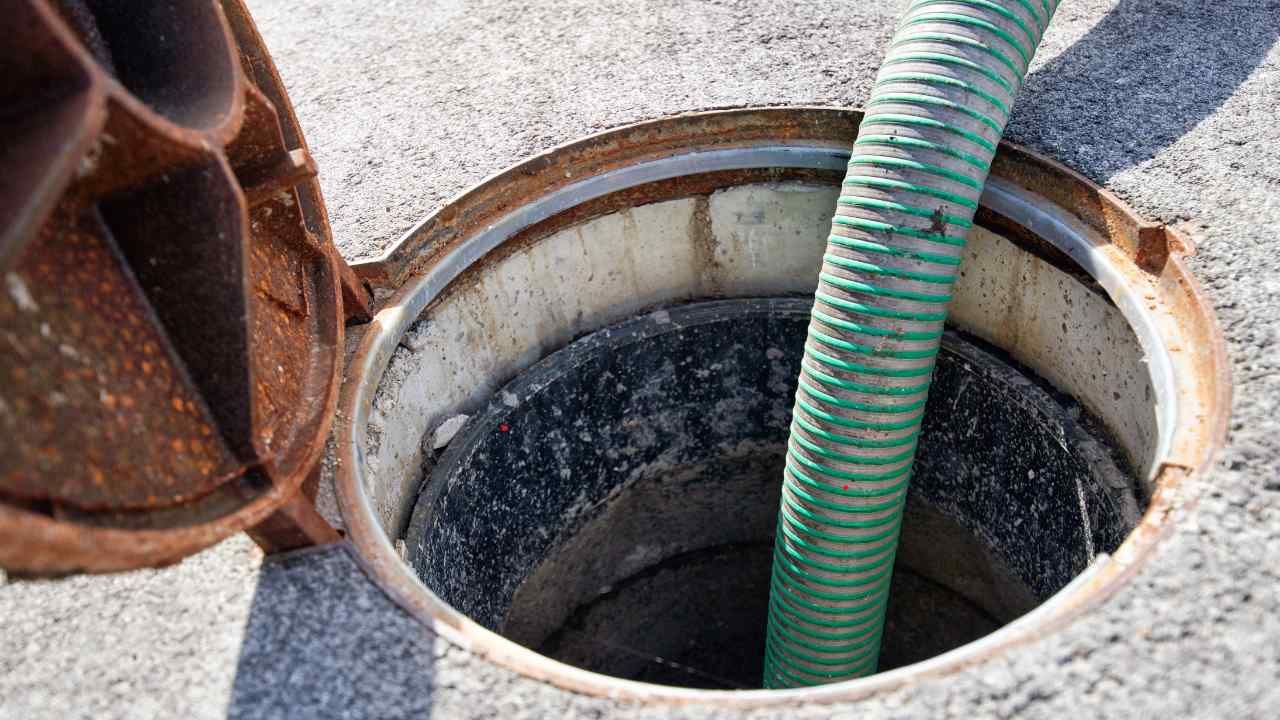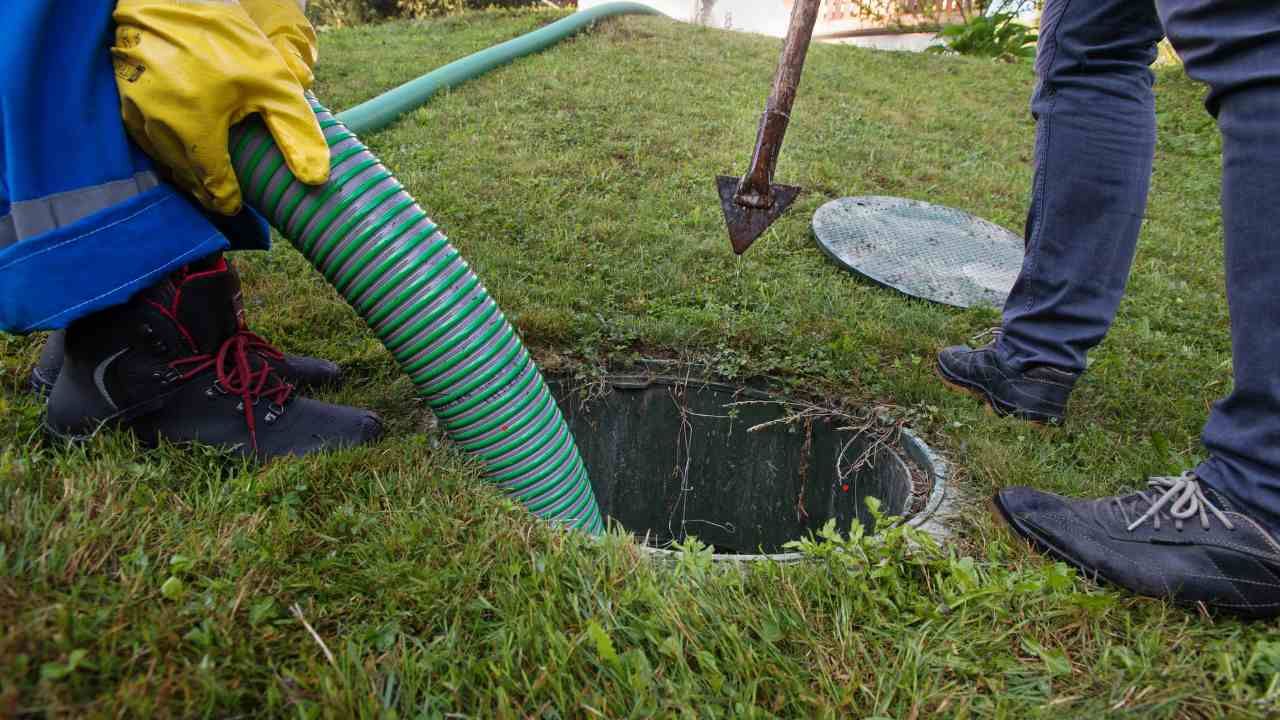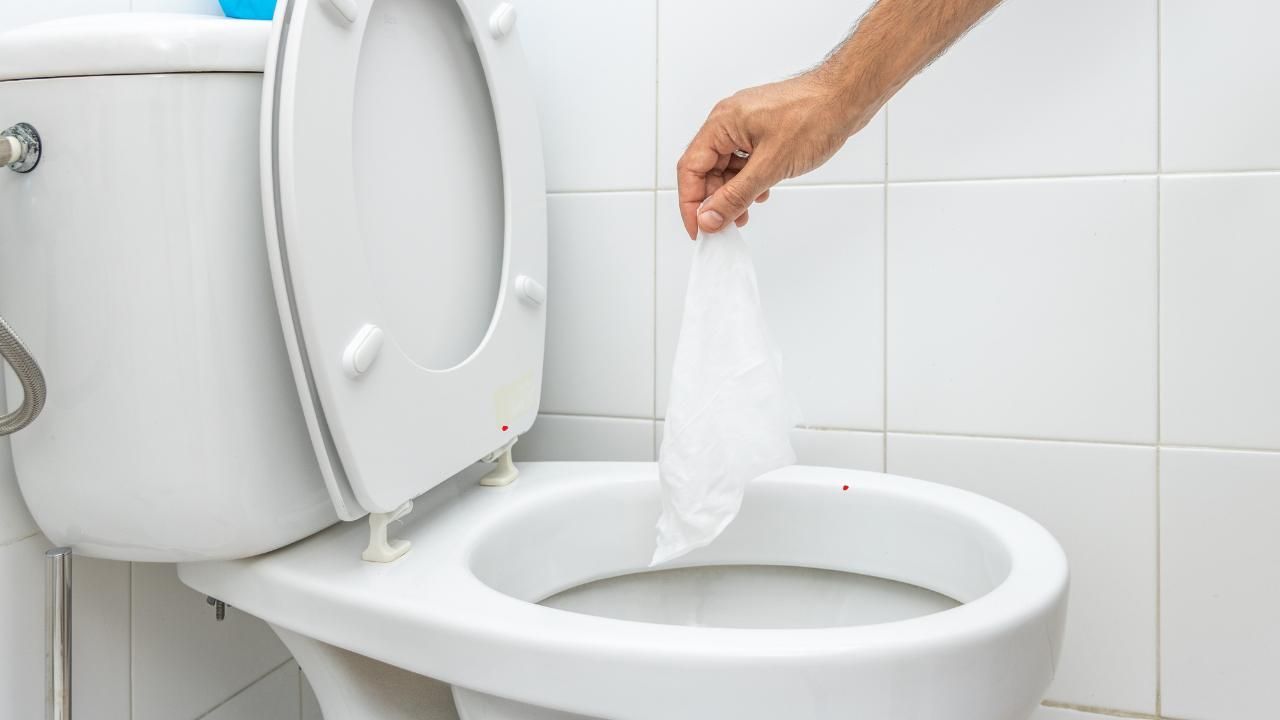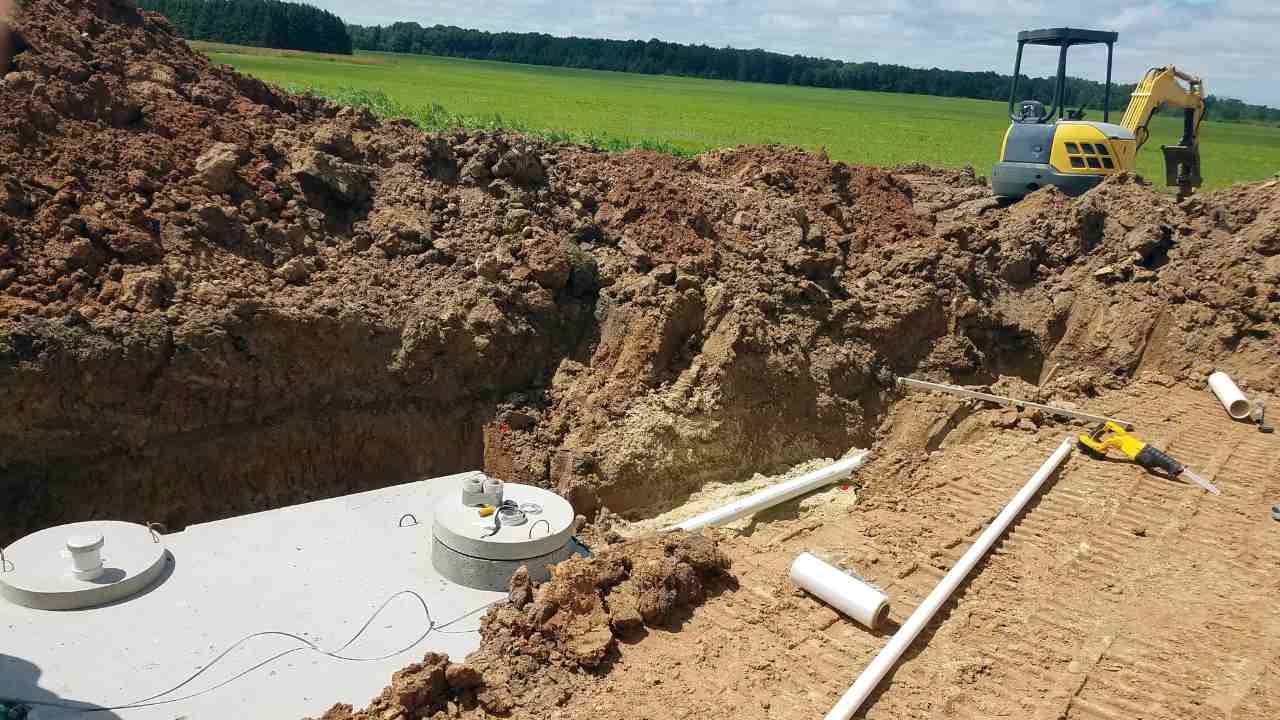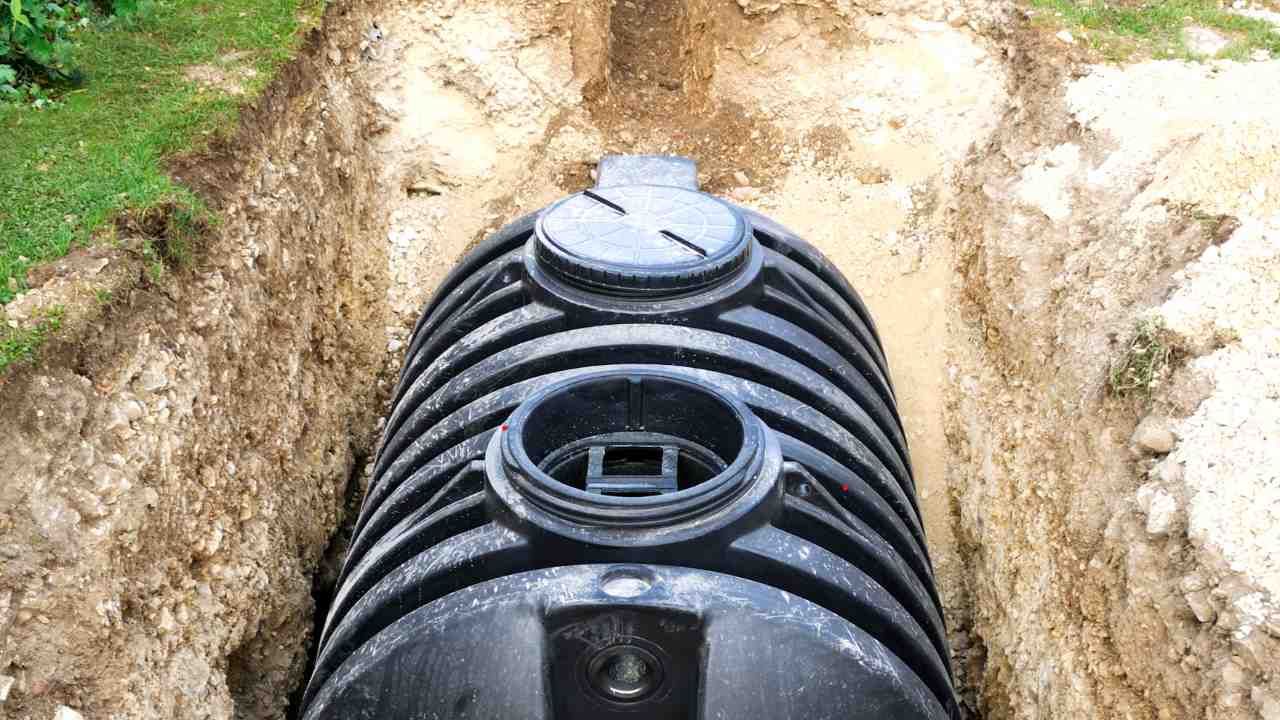Septic Tank Emergency: What to Do in Case of a Failure
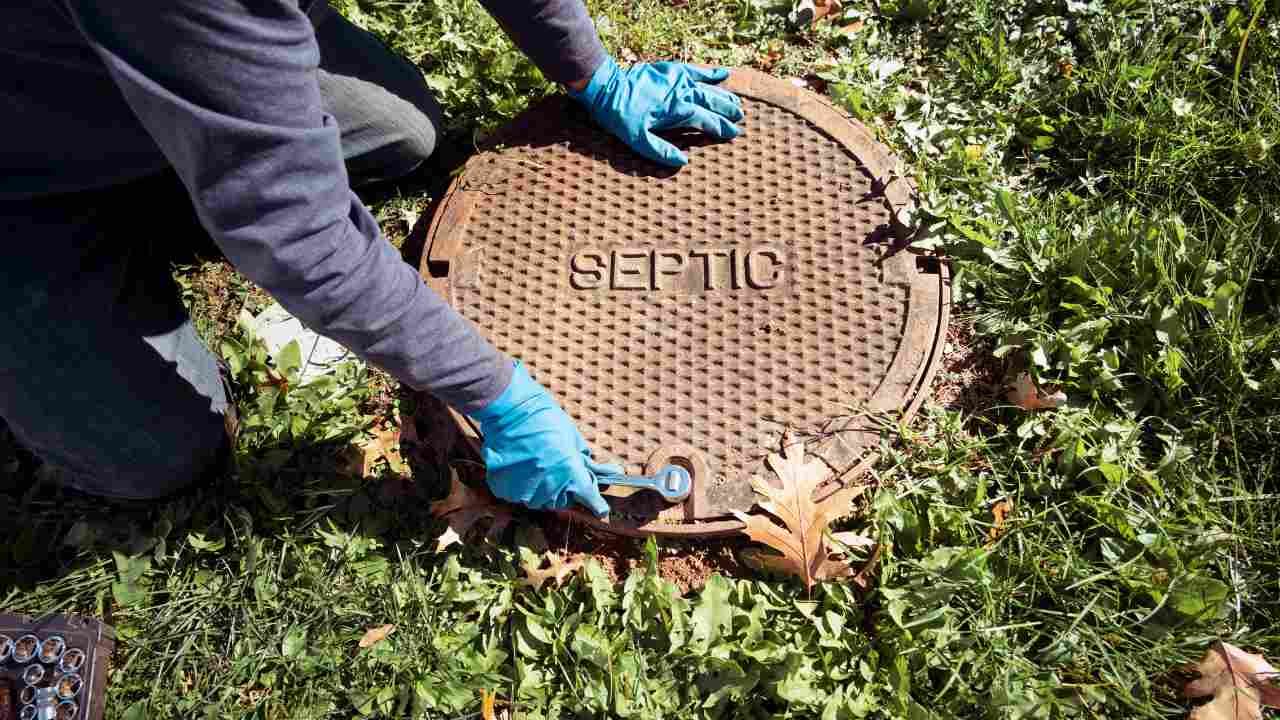
Nobody wants a septic tank failure to happen to them. Whether it’s a sudden backup, an unpleasant odor, or a soggy yard, a septic tank emergency can quickly turn a bright, peaceful day of relaxing in Miami into a stressful, aggravating nightmare. If you’re caught off guard by a septic tank issue in Miami, don’t worry—we’ve got you covered.
Understanding Septic Tank Failures
Before diving into solutions, it’s important to understand what might be causing the problem. Septic tank failures can arise from several issues:
- Clogged Pipes: Over time, pipes can become blocked by debris or grease.
- Overflows: Excessive water usage can overwhelm your septic system.
- Tank Damage: Cracks or leaks in the tank can lead to significant issues.
- Improper Maintenance: Failing to pump the tank regularly can cause backups.
By knowing the potential causes, you can better assess the situation and take appropriate action.
Immediate Steps to Take
When you notice signs of a septic tank failure, acting quickly is crucial to prevent further damage. Here’s what you should do:
1. Stop Using Water
- Why: Limiting water usage reduces the strain on your septic system and helps prevent additional backups.
- How: Avoid flushing toilets, running sinks, or using the washing machine until the issue is resolved.
2. Check for Visible Signs
- What to Look For:
- Pools of water or soggy areas around the tank or drain field.
- Foul odors near the septic system.
- Slow drainage or backups in toilets and sinks.
- Why It Helps: Identifying these signs can help you determine the severity of the problem and guide your next steps.
3. Avoid DIY Repairs
- Why: Septic systems are complex and attempting repairs yourself can lead to more damage.
- What to Do Instead: Contact a professional septic service provider who can accurately diagnose and fix the issue.
When to Call a Professional
If you experience any of the following, it's time to call in the experts:
- Persistent Backups: If you’ve noticed recurring backups despite stopping water use.
- Strong Odors: If unpleasant smells continue despite efforts to mitigate them.
- System Damage: If you suspect physical damage to the tank or pipes.
A licensed septic service technician can perform a thorough inspection, identify the root cause of the problem, and provide the necessary repairs or maintenance.
Preventing Future Failures
Prevention is key to avoiding septic tank emergencies. Here are some tips to keep your system in top shape:
1. Regular Maintenance
- How Often: Have your septic tank pumped and inspected every 3 to 5 years.
- Why: Regular maintenance helps prevent clogs, overflows, and other issues.
2. Proper Usage
- What to Avoid: Don’t flush non-biodegradable items or pour grease down the drain.
- Why: Proper usage prevents blockages and reduces strain on your system.
3. Monitor Water Usage
- How: Spread out water use throughout the day and avoid excessive usage.
- Why: Managing water use helps prevent overloading the system.
A septic tank failure can be a major inconvenience, but knowing what steps to take can make the situation more manageable. By understanding the causes, acting quickly, and seeking professional help when needed, you can address emergencies effectively and prevent future issues. Don’t wait for the problem to escalate.
Contact your local
septic service technician today for an
inspection to make sure your system stays in top condition.
Ask Your Questions
Get In Touch, Leave Us A Message
We're committed to providing affordable and reliable septic tank services. Whether you need cleaning, maintenance, or repairs, our experienced team is here to help. Get in touch with us today and leave us a message to schedule an appointment or inquire about our services.

